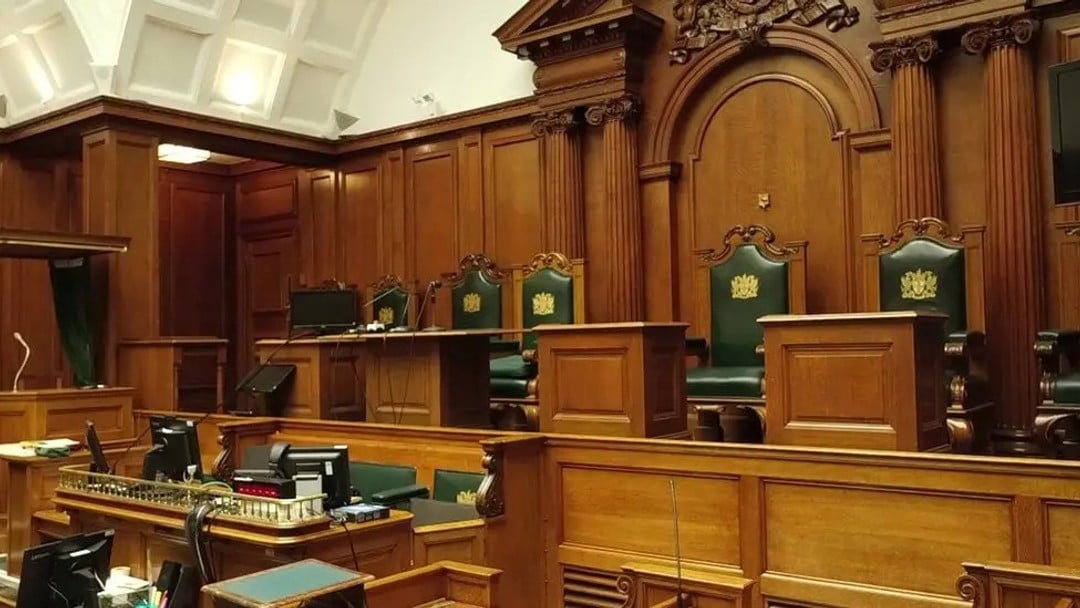Jury trials under threat in fraud

By Niall Hearty
Plans to replace juries with specialist judges in fraud trials spark fierce debate over justice, efficiency, and rights
The right to trial by jury has been a fundamental part of UK justice for centuries. Now, however, it may be taken away from those facing fraud allegations.
In what can be seen as either a dynamic attempt to cut the backlog of crown court cases or an unprincipled attack on people’s rights – and it is quite a polarising issue - defendants charged with fraud (and those facing certain sexual offence charges) look to be among those who will lose their automatic right to a jury trial.
It has been made known that Shabana Mahmood, Secretary of State for Justice, is weighing up proposals to have fraud cases heard by a specialist judge rather than a jury. Whatever people’s views on the merits or otherwise of doing this, if it becomes a reality it will be a seismic shock to the UK system of justice.
Those in favour of it can argue that it can be justified as a judge will have more relevant expertise and knowledge when it comes to understanding, dissecting and analysing the often very complex financial information and chains of events that can be involved in a fraud trial. There is also the benefit that such an approach would bring in terms of slashing the lengthening court waiting lists.
In short, its supporters believe such a move would bring swifter and arguably more consistent, logical justice. Fraud trials are notorious for the length of time they take, due to their complexity and the challenge of presenting such issues in a way that the members of the public who make up the jury can fully understand.
Against this, of course, is the fact that defendants are losing a right that has been enshrined in law for many generations and is seen as a major component of genuine justice: the right to argue their innocence before a jury of their peers. It could also be emphasised that fraud cases only account for just over 1.5% of the cases that make up the crown court backlog. Removing the right to jury trial could be seen as using a very large and unjust sledgehammer to crack a rather small nut.
Without wishing to sit on the fence too much, both arguments have their merits. No doubt these were recognised by Sir Brian Leveson, former President of the Queen's Bench Division and Head of Criminal Justice, when he was reviewing the crown court problem.
His review proposes the creation of an intermediate court, with cases tried by a judge and two magistrates rather than a jury – cases deemed too serious for magistrates courts but not serious enough for the crown court in front of a jury.
As it stands, the indicators are that the Secretary of State for Justice will adopt this approach to fraud cases and some sexual offences. Yet this is unlikely to be a peaceful transition. Many in the legal profession feel the argument for ridding fraud trials of juries has not been fully made out.
The court process in relation to issues such as disclosure could be streamlined – a point made in Jonathan Fisher KC’s review of serious fraud prosecutions that was commissioned by the Home Office. This may be preferable to - and more principled than - abandoning the use of juries. Making greater - even round-the-clock - use of the crown courts may also go some way to whittling down the backlog. It may not have the swift impact that sacrificing jury trials might, but it may be more palatable to those who oppose removing juries.
The Ministry of Justice has used the phrase “justice delayed is justice denied’’ in relation to its request to Sir Brian Leveson to “recommend once-in-a-generation reform to tackle delays and speed up justice for victims.”
For many, however, the fear remains that removing jury trial may go some way to eroding the quality of justice on offer – even if that justice can be obtained quicker than at present.
The argument for specialist courts with specialist judges who have the appropriate expertise may be one that has its supporters in high places. But there are also many within the justice system who remain, at the very least, unconvinced. The devil may turn out to be in the detail. But for now there seems to be a clear split between those who see this as a good move and those who view it as an unholy attack on all they hold dear.
The right to trial by jury is an important principle of justice. Any restriction of it, regardless of the complexity of the case, will always attract criticism.
Those making the criticisms can argue with some justification that years of underfunding of the criminal justice system and the selling off of the judicial estate (and the case backlog that has arisen) cannot justify the removal of such a fundamental aspect of justice in the UK.
Supporters of the proposals counter this by arguing that removing juries needs to be viewed as the least bad solution. But this then raises the question of whether such a course of action is a solution at all if it strips out a principle so entrenched in English criminal law.

